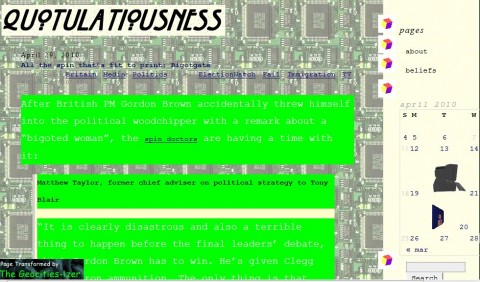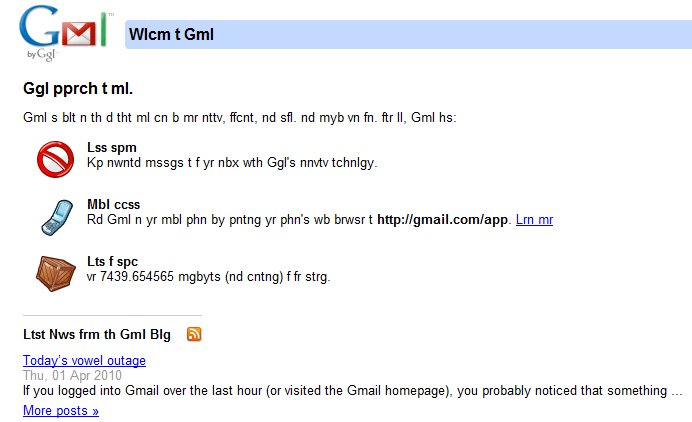Ryan Singel looks at where Facebook started and why it’s changed its privacy protections:
Facebook used to be a place to share photos and thoughts with friends and family and maybe play a few stupid games that let you pretend you were a mafia don or a homesteader. It became a very useful way to connect with your friends, long-lost friends and family members. Even if you didn’t really want to keep up with them.
Soon everybody — including your uncle Louie and that guy you hated from your last job — had a profile.
And Facebook realized it owned the network.
Then Facebook decided to turn “your” profile page into your identity online — figuring, rightly, that there’s money and power in being the place where people define themselves. But to do that, the folks at Facebook had to make sure that the information you give it was public.
So in December, with the help of newly hired Beltway privacy experts, it reneged on its privacy promises and made much of your profile information public by default. That includes the city that you live in, your name, your photo, the names of your friends and the causes you’ve signed onto.
This spring Facebook took that even further. All the items you list as things you like must become public and linked to public profile pages. If you don’t want them linked and made public, then you don’t get them — though Facebook nicely hangs onto them in its database in order to let advertisers target you.
Every time Facebook changes their privacy policies, well-meaning folks try to explain how to retain as much of your previous settings as possible . . . and every time, Facebook’s defaults have changed further towards exposing everything. There’s money in that information, money that Facebook is determined to obtain. Privacy? The inevitability of zero-privacy is Facebook’s unspoken motto.





